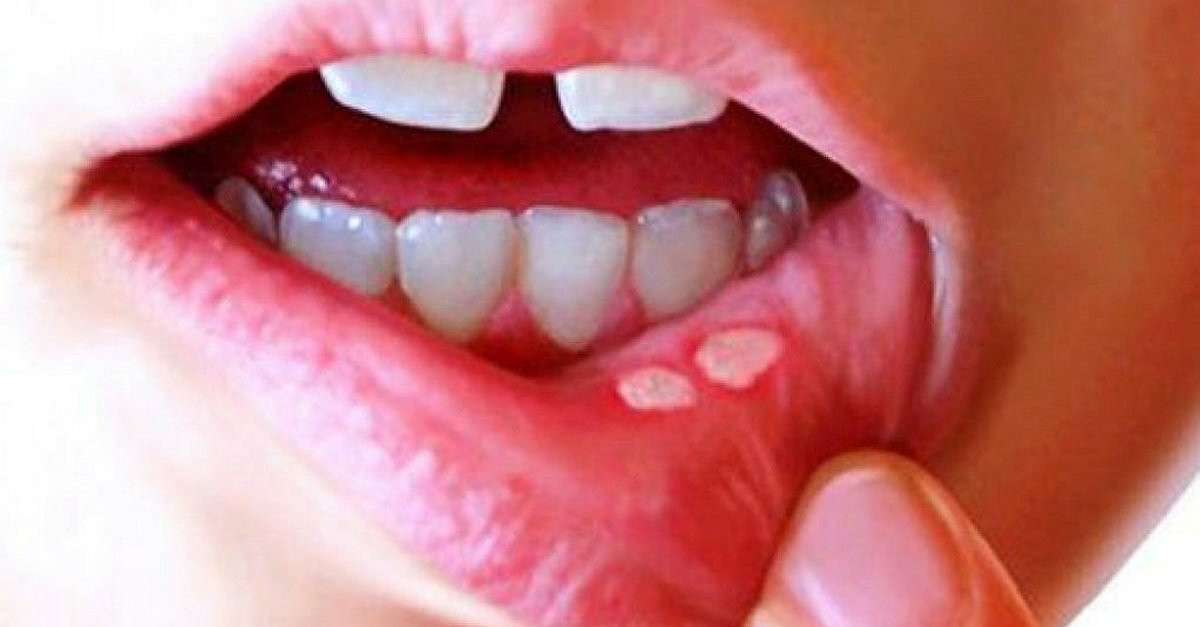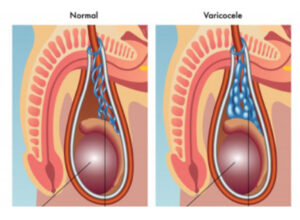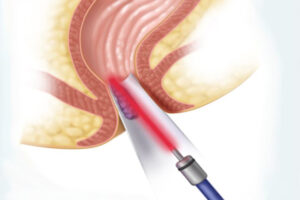Have You Ever Wondered What Causes Canker Sores?
Canker sores are ulcerated lesions or sores that can develop anywhere in the mouth. It is most commonly seen on the inner surfaces of the cheeks and lips, tongue, underside of the gums (crest) and palate. On average, aphthous ulcers are seen in 1 person out of every 10 people.
There are three types of aphtha classification:
- Minor
- Major
- Herpetiform
Minor:
Canker sores are the most common type. They are small, round or oval in appearance, with a white or yellow center and red edge.
Major:
Canker sores are less common, larger and deeper in size, and have an irregular margin.
Herpetiform:
Canker sores, on the other hand, are irregular in shape, very small in size, and occur in groups of up to 100.
What Causes Aphtha?
Canker sores are not contagious and do not occur as a result of the herpes virus as is commonly thought. While no one knows for sure what causes canker sores, various factors can contribute to their appearance.
The most common factors can be listed as follows:
- Mouth Wound: Dental work, tooth brushing, sports, cheek biting.
- Food Sensitivity: Chocolate, coffee, high acid or spicy foods.
- Vitamin and Mineral Deficiency: Iron, folic acid, B12 and zinc.
- Hormonal Changes: Such as those that occur during menstruation.
- Ailments and Diseases: Especially those that affect the body’s immune system.
Who is at Risk?
Canker sores can be seen in anyone. In some people, aphthae are seen 2-3 times a year, while in others it is constantly seen. However, the first occurrence is usually between the ages of 10 and 40, and there are certain factors that increase the likelihood of its occurrence. According to the Mayo Clinic, canker sores are more likely to occur in women and individuals with a family history of the condition.
What Is Good For Oral Wound?
The most painful period is the first few days before the healing process begins. In some cases, even eating or talking during this time can be painful. Herpetiform and minor canker sores heal and disappear after about two weeks. It does not leave any visible marks. On the other hand, major canker sores can last for several weeks or even months and leave extensive scarring. During the healing process, avoid consuming spicy or acidic foods and alcohol products that may cause pain in the area. Use a mouthwash containing oxygenated water to clean and soothe the affected area.
Keep brushing and flossing your teeth every day. Contact your GP or dentist if any of the symptoms last longer than two weeks, if you experience pain that cannot be controlled by your own precautions, if you have large recurrent sores, or if new sores appear before old wounds have healed. They will diagnose your illness.
Do not think that your problem is necessarily an aphthae, as other more serious diseases can present with similar symptoms. If necessary, your GP or dentist can prescribe other preventive measures, including but not limited to prescription medication and prescription mouthwash.







